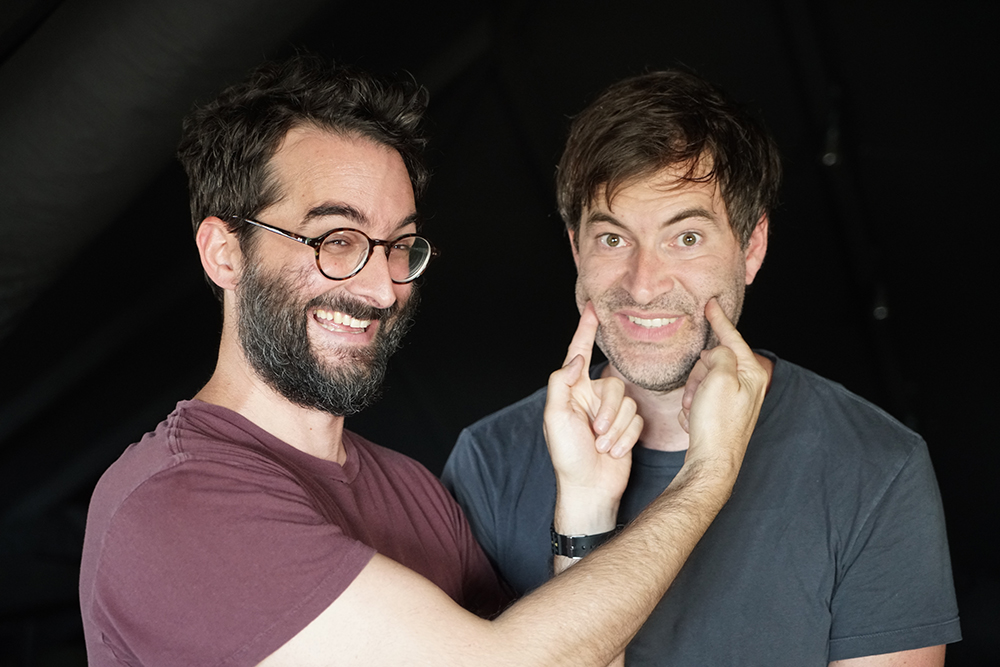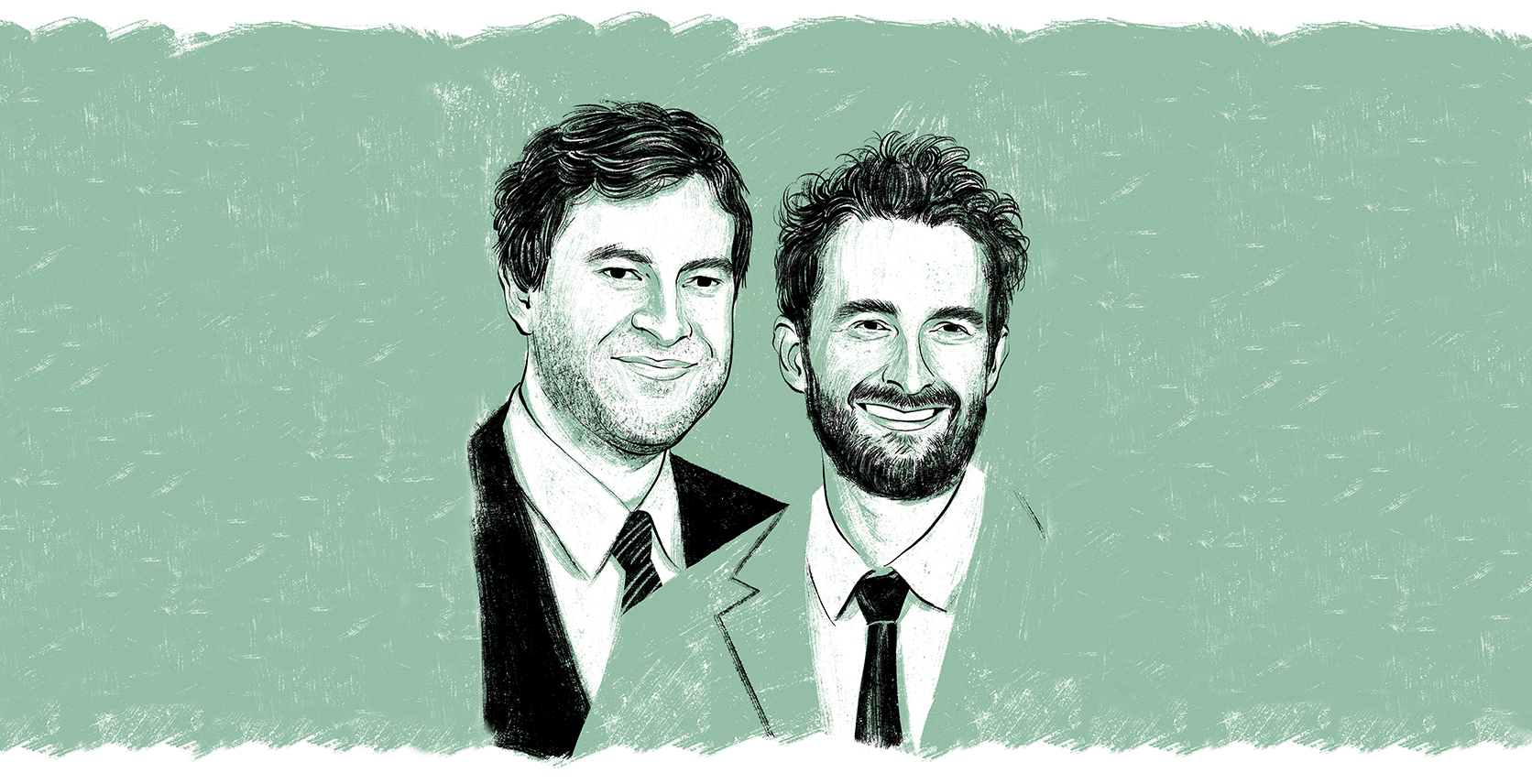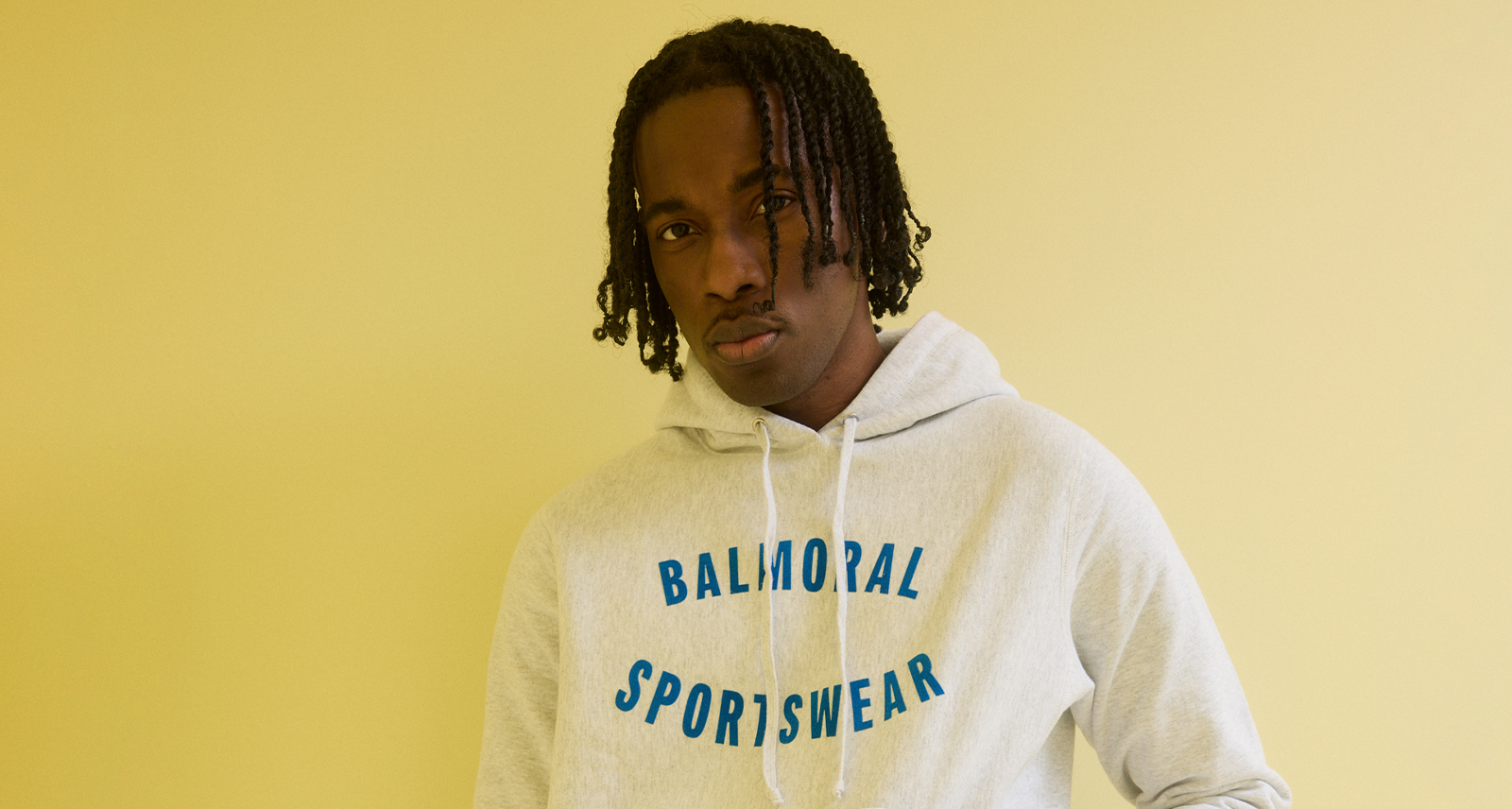Why the Duplass Brothers Are Done Directing (Unless It’s the Next ‘Star Wars’ Movie)
Stream anything good lately? Chances are Mark and Jay Duplass were involved. Over the last decade, the sibling filmmakers have become masters of crafting neuroses-laden indie dramedies on modest budgets (Cyrus; Jeff, Who Lives at Home). They’ve also acted in hit series (The League, Transparent), produced countless critical darlings (Tangerine, Wild Wild Country), and carved out their own DIY filmmaker micro-empire, tailor-made for the digital distribution era. They just inked a(nother) four-picture deal with Netflix.
But the Duplasses were never great at happy endings. While writing their new memoir, Like Brothers, the duo’s HBO sitcom Togetherness got cancelled. Suddenly, they found themselves questioning not only the book’s ending but the future of their filmmaking relationship. In fact, they’re still not sure where they stand on that one. As you’d expect from these two, it’s complicated.
Your book reveals you’re cry-in-front-of-each-other close. Was there any hesitation to let the world in on that?
Jay: We’re constantly surprised that people are surprised we’re so close.
Mark: I’m excited to lean into that. In this age where we all have 400 shows to watch, and 150 books to read, I often ask, “Why should I make something?” I shouldn’t, unless it’s something as unique as possible. The study, analysis, and portrayal of male intimacy has become one of our unique things. It’s totally normal to us to have dudes hugging and crying and saying why they’re afraid they’re not going to be as good as their brother. That’s the stuff of our life.
There’s a chapter where you describe “The Woog” — an anxiety or unease that comes from being uncertain about the right path. This wooginess is at the core of most of your characters.
Jay: I think everybody has anxiety and depression and they deal with it in different ways. It’s certainly not socially acceptable to express it freely if you’re a guy. But that’s what we’re representing.
At this point in your lives, do you still feel woogy?
Mark: Oh yeah. I had it this morning. I was like, I don’t like it! That is a thing that’s scary! And then I got up, got some exercise, got that first cup of coffee, had a conversation with my daughter, got a little happiness going, and started the day. But it’s always around.
Jay: Even though we’re so comfortable in our family lives and our careers. It’s like, God, isn’t that enough to annihilate the Woog? He’s really tough.
It seems the millennial generation is the woogiest one yet.
Mark: Oh, it’s getting woogy with it out there, in a big way. Do I think there are certain people who can’t afford to be woogy because they are dealing with genocide, hunger, and all kinds of other things? Yeah. But I’d otherwise agree that this odd, depression-anxiety-malaise seems to be permeating more. Our interest is to see people dive into it headlong, and have some fun with it. We still have times that are tough and depressing, and then we start to giggle about it.
“It’s terrifying that Mark will make something great without me. It seems petty, but I’m realizing that everybody is that way. Everybody’s jealous.” – Jay
You’ve become masters of exploring white, middle-class sorts of anxieties…
Mark: It’s first-world problems.
Jay: When we started out, we did want to make films that were representative of bigger crises, and those really sucked. We didn’t really know what the hell we were doing. And once we just gave up and started making fun of our own desperate problems, that’s what really took off. But as producers, we’ve also learned how to support other people who want to tell stories that aren’t just first-world problems.
Lately you’ve been producing a ton. Now you’ve got that Netflix deal. It seems you’re becoming micro-moguls.
Jay: We call ourselves baby-moguls, or kings of the dorks. We’ve got our own little fiefdom, but no one seems to really care because it doesn’t make any money.
Mark: Our brand has become sort of a meaningful thing, and with that comes the ability for us to collaborate with younger filmmakers who are trying to do something wildly different. We can make inspired things and our name will bring a certain amount of viewers to them. Opening up our circle of collaboration has been critical, because we get lit up by this new energy. Plus, it lets us be a little more nine-to-five for our kids.
So you’re taking a hiatus from writing and directing together?
Mark: Yeah. It didn’t start out as a conscious decision. Our philosophy for a long time, was that collaborating with someone you trust is the best way forward. And then our show Togetherness, our most intense collaboration yet, got cancelled. For the first time, we were faced with the prospect of well, what does this mean now? Jay was acting in Transparent and I was acting in other people’s projects, and serendipitously we started to realize that separation could work. And it terrified us. That’s where we are now — trying to find the balance of keeping that intimacy alive but also having space to breathe. There’s fear and jealousy. Literally yesterday, we sat in our office and talked about it for two hours. It’s a fucking quagmire.
You guys actually get jealous when you see each other branching off?
Jay: Oh, all the time. It’s terrifying that Mark will make something great without me and leave me in the dust. It’s sad, and seems petty, but I’m realizing that everybody is that way. Everybody’s jealous.
Mark: I went to this big industry party with Jay after Transparent’s first season, and everybody just wanted to talk to him and ignored me. I was so jealous. And Jay was just like, “Yeah, welcome to my life!”
It’s like when a couple gets married and has their first child — they go through this change. It used to be just the two of us and all we had to worry about was our romance. And now we have this other person to deal with. We’re realizing, we have our own needs, we need some solo time, but unless we nurture what was previously our romantic relationship, which is now also a parent relationship, that thing’s going to die. So we have to work on it. Jay and I have to set hike times together so we can sort through things.
Jay: And try not to talk about movies, which is hard.

You say that your childhood friends were into Star Wars, whereas you were into niche dramas like Kramer vs. Kramer. Thanks to the streaming era, entertainment is now becoming increasingly bespoke. But Hollywood is also pumping out even more Star Wars and superhero movies.
Jay: I grew up in the ’80s, and TV was terrible. It was so broad that everyone could relate, and it just didn’t mean anything to me. I like the fact that we’re in this climate, because now you can make a weird-ass movie about needlepoint, and as long as it doesn’t cost too much, you can appeal to the needlepoint crowd! Twenty years ago, this industry was a wildly undemocratized crapshoot of who got to make something. And now, a broke kid from Florida, like Barry Jenkins, can make something really special and personal and it can break through to win an Oscar. The trade-off is in a positive direction, even though I don’t really like superhero movies.
Mark: When we produced Tangerine, that just blew our faces wide open. The world is ready to see the underrepresented. I’d so much rather produce 20 more movies like that than spend three years making a Marvel movie together.
What will it take for you guys to make another movie together?
Mark: To write and direct one of our own movies, you have to have such a unilateral focus and flush everything else away, including family time. We just want to live a more balanced life right now. Set life is not a balanced life. So to pull away and foster a lot of projects is a perfect way to be an author and collaborator, and it doesn’t take a year and a half to do it.
Jay: Look, directing is the hardest thing on you as a human being in this industry. It’s so unbelievably consuming. So to direct something again, especially a movie, it’s going to take something really special. It’ll take something beating us over the head being like, This is super, and you have to direct it because it can only be done in your voice.
Mark: It would take the next Star Wars movie, goddammit.










